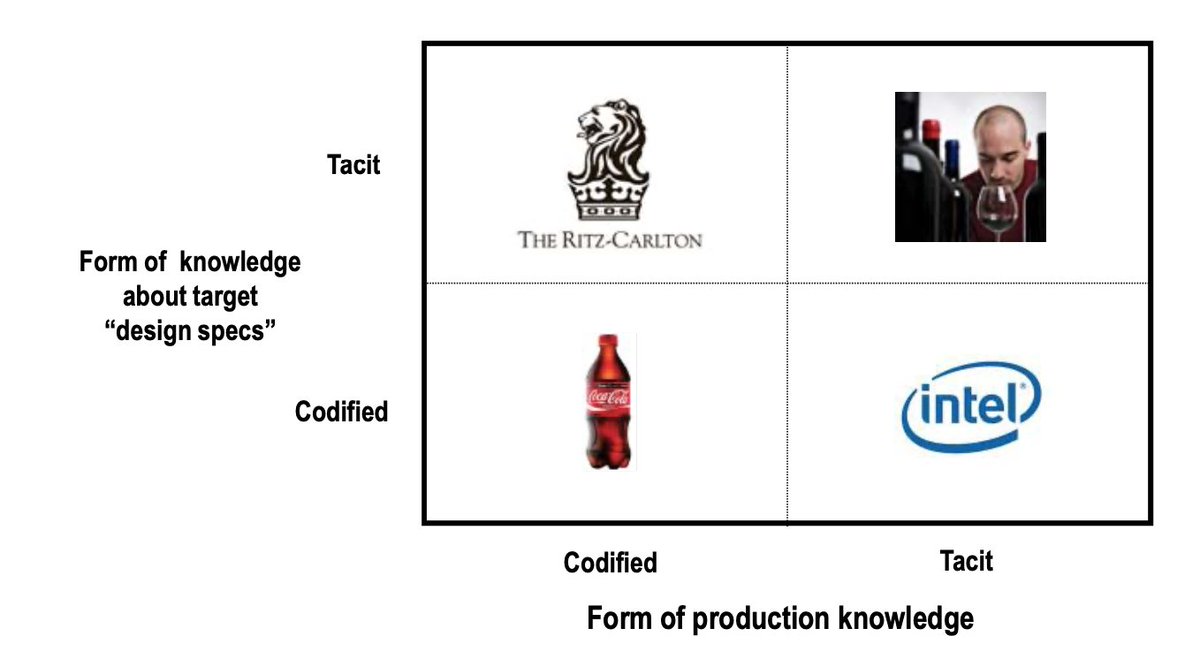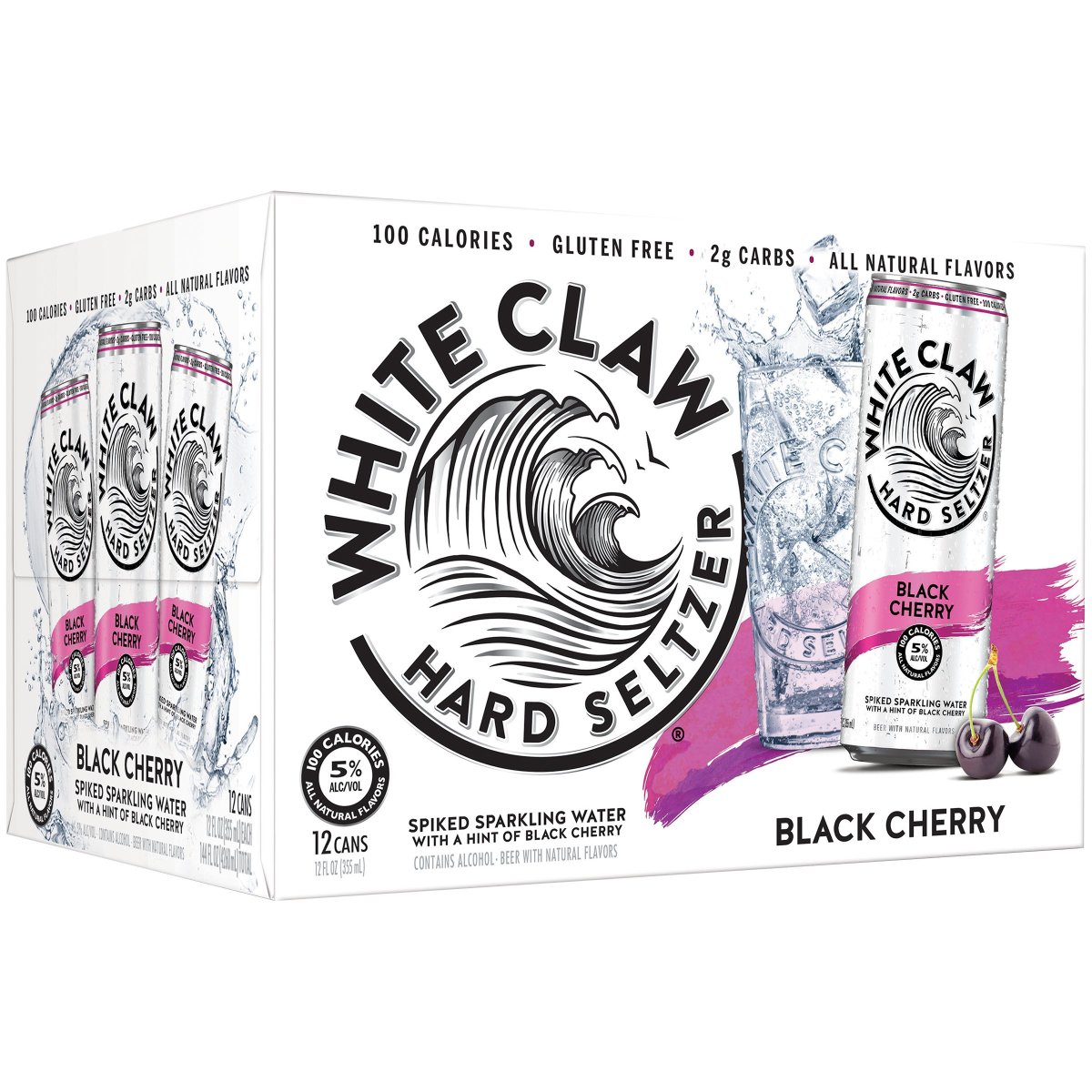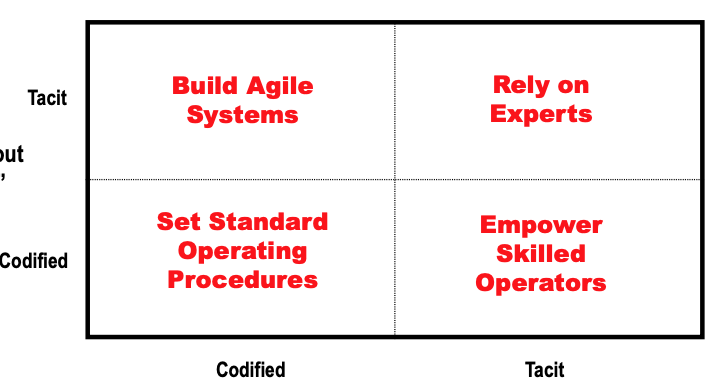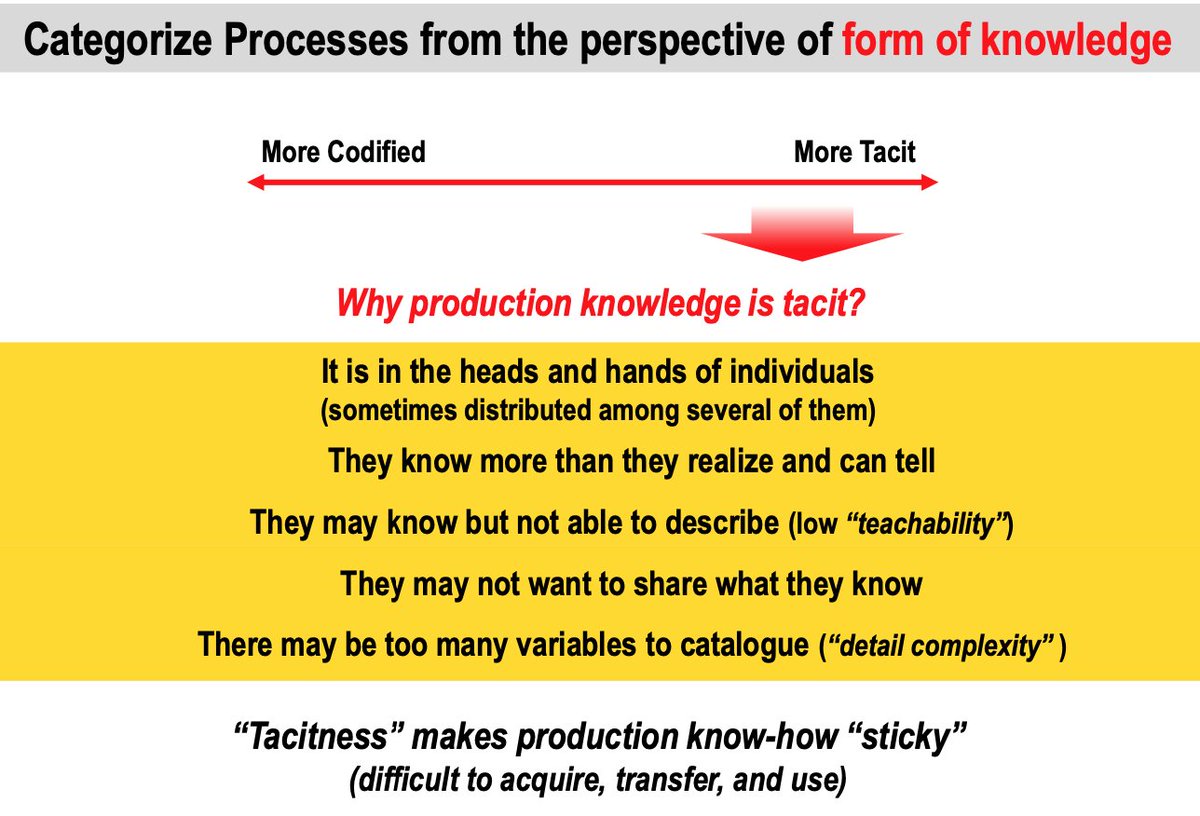Since I go off on my Intel is like Wine rant about once a year, I thought why not just do it on the first day and get it over with. So, A Thread...



More from Business
Following @BAUDEGS I have experienced hateful and propagandist tweets time after time. I have been shocked that an academic community would be so reckless with their publications. So I did some research.
The question is:
Is this an official account for Bahcesehir Uni (Bau)?

Bahcesehir Uni, BAU has an official website https://t.co/ztzX6uj34V which links to their social media, leading to their Twitter account @Bahcesehir
BAU’s official Twitter account

BAU has many departments, which all have separate accounts. Nowhere among them did I find @BAUDEGS
@BAUOrganization @ApplyBAU @adayBAU @BAUAlumniCenter @bahcesehirfbe @baufens @CyprusBau @bauiisbf @bauglobal @bahcesehirebe @BAUintBatumi @BAUiletisim @BAUSaglik @bauebf @TIPBAU
Nowhere among them was @BAUDEGS to find

The question is:
Is this an official account for Bahcesehir Uni (Bau)?

Bahcesehir Uni, BAU has an official website https://t.co/ztzX6uj34V which links to their social media, leading to their Twitter account @Bahcesehir
BAU’s official Twitter account

BAU has many departments, which all have separate accounts. Nowhere among them did I find @BAUDEGS
@BAUOrganization @ApplyBAU @adayBAU @BAUAlumniCenter @bahcesehirfbe @baufens @CyprusBau @bauiisbf @bauglobal @bahcesehirebe @BAUintBatumi @BAUiletisim @BAUSaglik @bauebf @TIPBAU
Nowhere among them was @BAUDEGS to find

So while America was forced into a high percentage of unemployment, billionaires in America made 406 billion from their “essential” businesses.
I wonder how much came from the
Funny, this transfer of wealth from the poor citizens to the rich billionaires aided by lockdowns and tyrannical governors wasnt just isolated to America. Australia billionaires seemed to amass much wealth during a time record number of businesses
I wonder how much came from the
Funny, this transfer of wealth from the poor citizens to the rich billionaires aided by lockdowns and tyrannical governors wasnt just isolated to America. Australia billionaires seemed to amass much wealth during a time record number of businesses
AUSTRALIA: Country's billionaires are over 50% richer than they were this time last year, according to data from Bloomberg Billionaires Index.
— The Spectator Index (@spectatorindex) December 30, 2020
1/An interesting thing happened tonight. I was scrolling through clubhouse and found WileyCEO, Godfather of Grime (kicked off Twitter in July for antisemitic tweets) speaking. So I tweeted this (and included a screen shot, later deleted as I found out TOS don't allow it ...

2/ ... and several folks also asked me to remove it which I promptly did afterwards).... Coming into the CH room, I fully intended to confront him about how hurtful his comments in July were. But as I listened to the folks in the room, I decided to go a different direction ....
3/ the conversation jumped around, covered many topics and there were between 8-14 people up on stage. But a recurring thread was discussion of racism, bigotry, comparison of it in the US vs UK vs elsewhere.
4/ when I got a chance to speak, I had 5 bullets written down: a) we should harness technology and capitalism to make reparations for what America did to Black people. I gave https://t.co/SlrW8zCd58 (a project a couple friends co-started) as an example) ...
5/ b) capitalism and product know-how and technology can be harnessed for social justice c) historically oppressed minorities need to stick together and lastly, d) "Wiley, how could you say such hurtful things about Jews as a people?" That's what I had ready to say, anyway.

2/ ... and several folks also asked me to remove it which I promptly did afterwards).... Coming into the CH room, I fully intended to confront him about how hurtful his comments in July were. But as I listened to the folks in the room, I decided to go a different direction ....
3/ the conversation jumped around, covered many topics and there were between 8-14 people up on stage. But a recurring thread was discussion of racism, bigotry, comparison of it in the US vs UK vs elsewhere.
4/ when I got a chance to speak, I had 5 bullets written down: a) we should harness technology and capitalism to make reparations for what America did to Black people. I gave https://t.co/SlrW8zCd58 (a project a couple friends co-started) as an example) ...
5/ b) capitalism and product know-how and technology can be harnessed for social justice c) historically oppressed minorities need to stick together and lastly, d) "Wiley, how could you say such hurtful things about Jews as a people?" That's what I had ready to say, anyway.

























